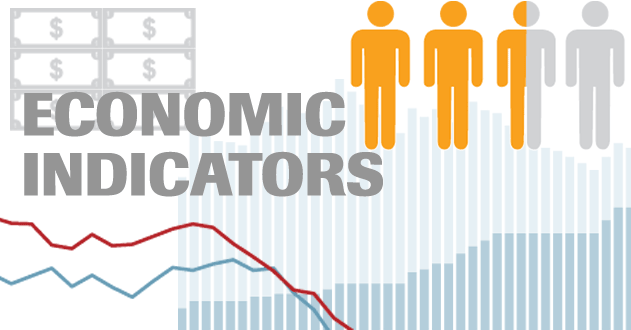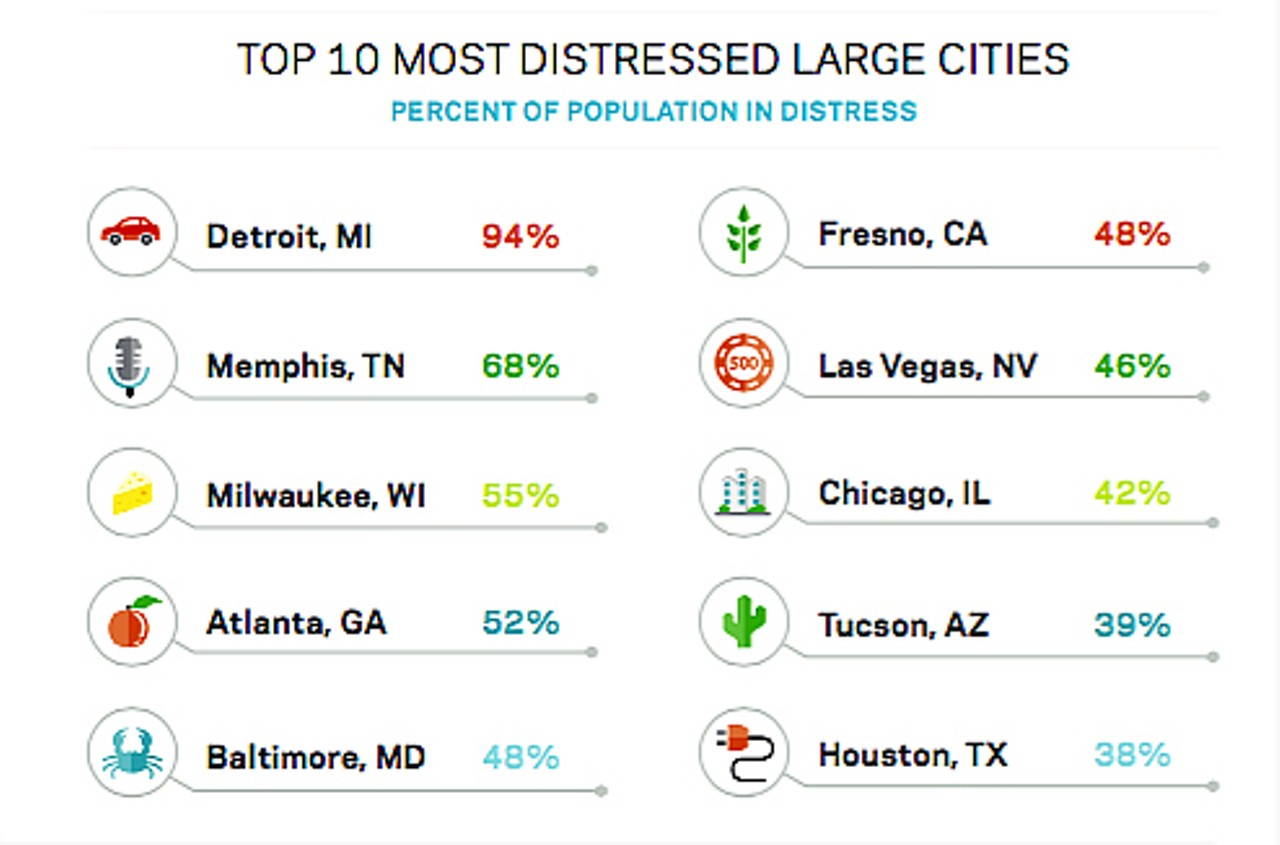Economic Metrics for Memphis by
Ludwig Institute for Shared Economic Prosperity
2022
48.6% – Percentage of Memphis metro households who earn incomes that do not allow
them to meet basic needs
61.1% – Increase in cost of necessities for four-person family since 2005 – from $49,222
to $79,415
2.6% – Gain in purchasing since 2005
22.5% – Average rent for a one-bedroom unit, less than the 25.4% spent in 2005
42% – Percentage of adults 25 and over with postsecondary degree – ranks #45 out of 50
largest MSAs
23.5% – Low-wage occupations – two fulltime earners cannot support basic needs of
four-person family
66.8% – Middle-wage occupations – two fulltime earners can support basic needs of
four-person family
9.4% – High-wage occupations – single fulltime earner can support basic needs of
four-person family
**
Join me at the Smart City Memphis Facebook page and on Instagram where these blog posts are published along with occasional articles, reports, and commentaries that are relevant to Memphis.







A good set of numbers. They tell the story of a poor city like Memphis, but they also tell the story of the whole USA. A large percentage of people are just a paycheck away from falling into poverty — at least temporarily. And it clearly takes two paychecks to get to a real living wage.
“42% – Percentage of adults 25 and over with postsecondary degree – ranks #45 out of 50 largest MSAs”.
This is an embarrassing stat and speaks to at least a portion of the poor performance on display in this post. Is there a disconnect between the general population and Tennessee Promise, TCAT Reconnect and Tennessee Reconnect?
Most disturbing of all is the fact that the Memphis MSA has been at the bottom rankings of 50 largest metros for years in percentage of college-educated workers. Even more disturbing when the percentage of college-educated workers determines about 60% of a city’s economic success, according to economist Joe Cortright.
The continued lag may call into question state programs and their effectiveness. Does anyone know if information is available regarding local participation in the Promise and Reconnect programs? Asking in case it’s an issue that someone has already covered.
No one seems to speak to the lack of industry diversity in this city. Distribution/warehouse jobs pay low wages. We have bragged about being the distribution capital of the country for decades and now we all these years later see what the true impact is to our community.
Lower standards in education because educated people won’t take the warehouse jobs. Don’t educate our youth and you have a pool of workers. Lower wages because companies are not willing to pay livable wages. Barely getting by wages creates many of the problems we see in our community.
Having a hands off attitude towards so called minor offenses has emboldened some people to graduate to more major offenses. Then there doesn’t appear to be any real punishment for those crimes.
We lack real leadership in this city at all levels of government. And as a result we have had a kick the can attitude towards real change. This mentality has led us to this point. It would be better for us to have a community that cares more for change than one that loves to just discuss the problems.
Wanna Holler — I am an occasional Smart City contributor. In 1999 (pre-Amazon) I wrote a long story about working in warehouses in Memphis .that might interest you. It includes comments from Mr. Ciscel. It is no longer in the Memphis magazine archives but it is in my book Rowdy Memphis.
— John Branston